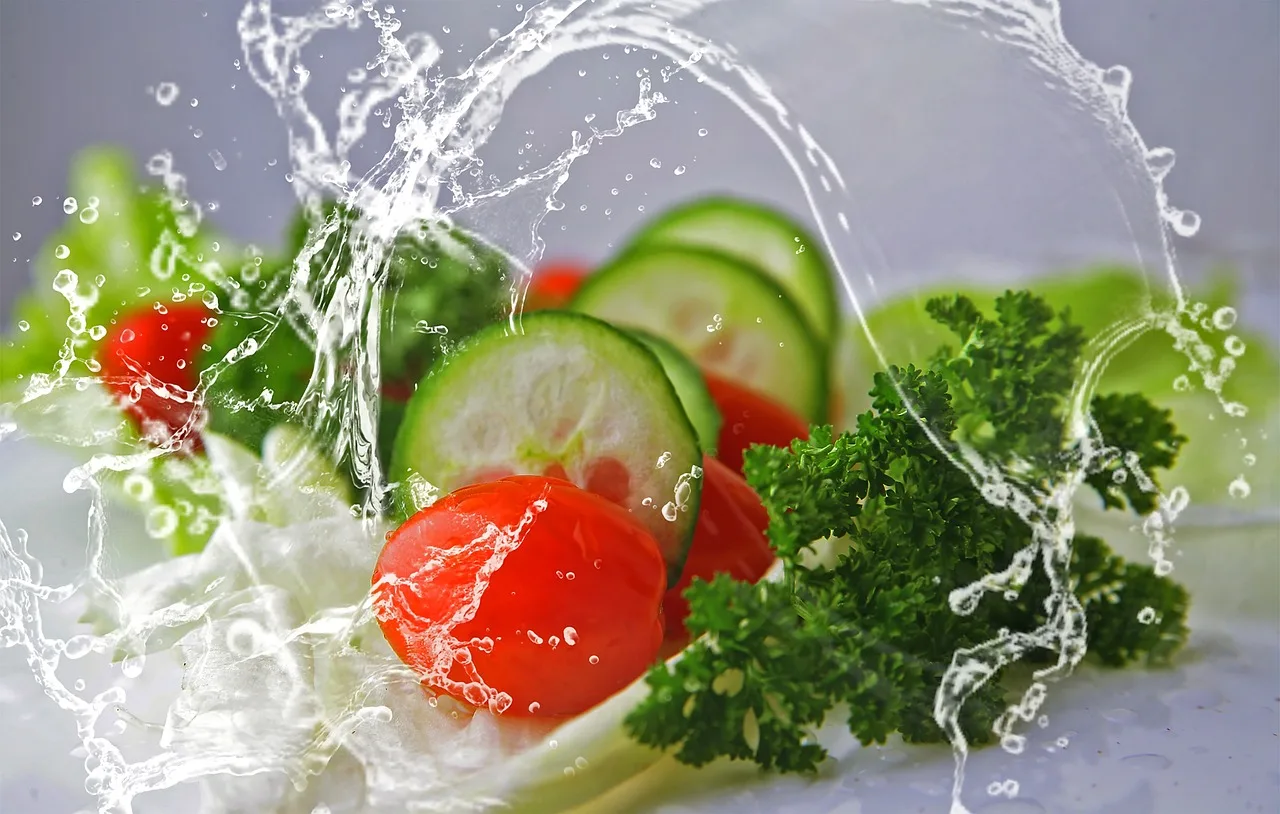Healthiest Diet to Follow for Longevity in 2024

Do you consume your leafy greens in your daily diet? Even if you eat some vegetables, likely, you need to get more.
According to data from the Centers for Prevention and Control of Diseases in 2019, ten percent of Americans do not consume enough vegetables each day.
However, there’s always time to implement a change.
We’ve covered the healthiest varieties of lettuce, the tastiest potatoes, and the antioxidant-richest bell pepper, but when it comes to veggies as a food group, which one dominates?
These are the greatest greens to eat for your health.
Richer in calcium, several vitamins, including K and C, and antioxidants, darker leafy greens
Vitamin C helps prevent disease in blood cells and facilitates the uptake and retention of iron, while vitamin K has benefits for the heart and bones.
Functioning bones, teeth, muscles, hormone production, and other biological processes are all supported by calcium.
Additionally, lutein and zeaxanthin—two antioxidants that are good for eye health—are found in spinach and kale.
- Spinach
- Chard
- Collard greens
- Mustard greens
- Beet greens
Because cruciferous veggies provide fiber and phytonutrients that help prevent cellular damage, they are a terrific supplement to any diet.
They also include indole-3-carbinol, a substance that has been demonstrated to lower the incidence of colon cancer and other malignancies linked to estrogen.
Additionally, high in water-soluble folate, which supports healthy digestion and may fend off common cancers, heart disease, stroke, dementia, and Alzheimer’s disease, cruciferous vegetables are a great source of this nutrient.
Per the Academy of Nutrition and Dietetics, they also include vitamin K, while the dark green varieties contain vitamins A and C.
- Broccoli
- Kale
- Cauliflower
- Brussel sprouts
- Asparagus
- Cabbage
- Bok choy
Why are veggies healthy in your diet?
Consuming a diverse range of veggies guarantees that your body gets the essential vitamins and nutrients required for regular operations.
This is especially important for nutrients like fiber and potassium that Americans don’t get enough of.
Research indicates that eating more fruits and vegetables is linked to a lower risk of death, cancer, and cardiovascular disease.
Vegetables can even be frozen and still be healthful.
Because you never know when they were harvested, they might even have more nutrients than what you get from your neighborhood store, as Crumble Smith recently told USA TODAY.
“They’re flash frozen at their peak stage of ripeness when all those nutrients are there and preserved,” she explained. “Frozen veggies are a great, very nutrient-dense option and they’re also really good for people who forget there are veggies in the fridge that might be going bad before they get to it.”
For adults, the U.S. Department of Agriculture suggests eating two to three cups of vegetables daily for women and three to four cups for men. T
he following are some instances of what constitutes “one cup” of vegetables:
One cup of prepared dark green veggies
One cup of broccoli, either frozen or fresh
Two cups of uncooked, fresh spinach
One cup of tiny carrots or two medium carrots
One huge bell pepper
One large sweet potato, cooked, or one cup, sliced or mashed
Just one avocado


